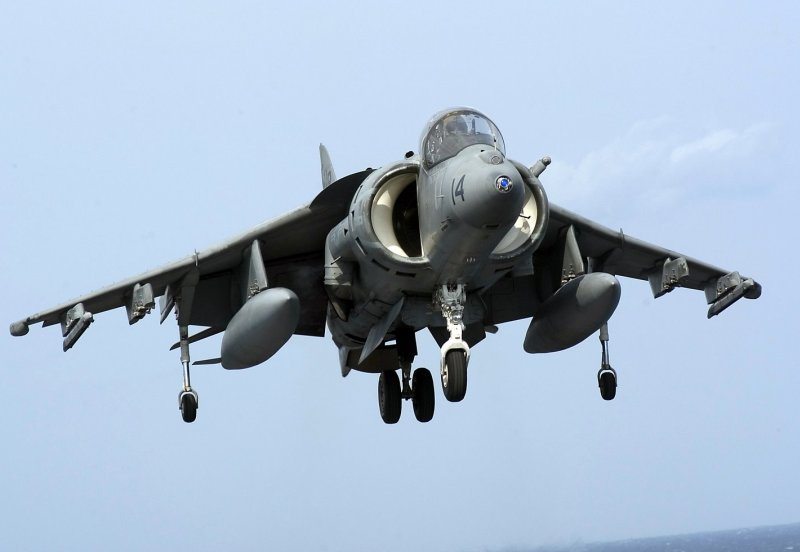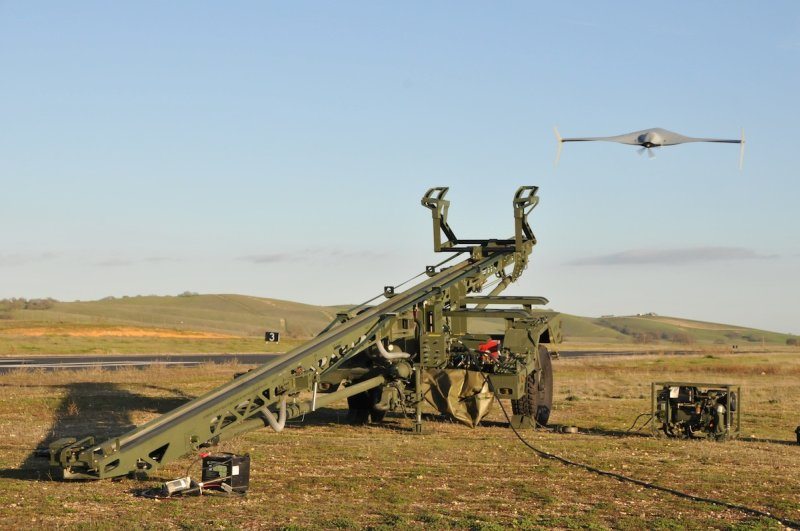The Defence Committee is not convinced that, given the current financial climate and the drawdown of capabilities arising from the Strategic Defence and Security Review, UK Armed Forces will be able do what is asked of them after 2015.
The committee publishes its report today which seeks to establish whether the new National Security Council has led to a more coherent and well defined security policy in terms of the National Security Strategy (NSS) and the Strategic Defence and Security Review (SDSR).
Concerns
The report notes mounting concern that UK Armed Forces may be falling below the minimum utility required to deliver the commitments that they are currently being tasked to carry out, let alone the tasks they are likely to face between 2015 [end] 2020, when it is acknowledged that there will be capability gaps. The committee is concerned that UK Armed Forces will be continually operating at the maximum level envisaged by the Defence Planning Assumptions.
The Prime Minister’s view that the UK currently has a full spectrum defence capability is rejected by the committee, as it was by the Single Service Chiefs. The committee is not convinced that this aspiration can be achieved by co-operation with our allies given the challenges of aligning political with operational needs.
The SDSR identified seven military tasks and the Defence Planning Assumptions that underpin them. However the Review fails to show how decisions such as those on the Aircraft Carriers and Nimrod MRA4 will lead to the Armed Forces being able to undertake those military tasks. Chair of the committee, Rt Hon James Arbuthnot MP, said
“This is a clear example of the need for savings overriding the strategic security of the UK and the capability requirements of the Armed Forces. The Government needs to outline its plans to manage the gap left by the loss of these capabilities and lay out detailed plans for their regeneration.”
“Future Force 2020”
The committee has serious concerns over the realisation of what is called “Future Force 2020”, the Government’s intended shape of the Armed Forces from 2020, particularly as the provision of the necessary resources is only a Government aspiration, not Government policy. There also appear to be contradictions in the way Future Force 2020 is envisioned.
James Arbuthnot said
“Future Force 2020 seems to be regarded as a ‘wide spectrum’ force able to undertake all sorts of tasks while at the same time being regarded as the ‘critical mass’ of the Armed Forces with some spare capacity that may be achieved by the establishment of alliances and bilateral operations. The two views are not compatible”.
The committee shares the concerns of several key witnesses that there are serious risks if Future Force 2020 is not achieved as it would represent a fall below ‘critical mass’. Commitments made in the SDSR are meaningless without a concrete commitment that required funding increases will be delivered. James Arbuthnot said
“Decisions for post-2015 funding will have to be made in the very near future to ensure progress towards Future Force 2020. If the ambition of a real term funding increase is not realised, we will have failed our Armed Forces.”
The report says it is essential that the MoD has more certainty in its long-term planning and recommends that ten-year budgeting be introduced. This would also give the MoD greater confidence in the decisions it takes in future SDSRs. However, as part of this, the MoD must reform, and ensure substantially improved transparency and control over, its finance and budgetary practices.
Defence Planning
When committing to undertake new operations the Government should state from the outset where that operation fits in the Defence Planning Assumptions and which of the military tasks it is meeting. This should not be limited to the numbers of Armed Forces personnel required, but include the capabilities that will be deployed and the consequences that this may have for other operations or wider defence-related matters, such as the defence budget and defence industry priorities.
The committee is concerned that the Government seems to have postponed the sensible aspiration of bringing commitments and resources into line, in that it has taken on the new commitment of Libya while reducing the resources available to MoD.
James Arbuthnot said
“The Government appears to believe that the UK can maintain its influence while reducing spending in defence and at the Foreign Office. We do not agree. If the UK’s influence in the world is to be maintained, the Government must demonstrate in a clear and convincing way that these reductions have been offset by identifiable improvements elsewhere rather than imprecise assertions of an increased reliance on diplomacy and ‘soft power’. If the Government cannot do so, the National Security Strategy is in danger of becoming a ‘wish list’ that fails to make the hard choices necessary to ensure the nation’s security.”
[Download not found]
[Download not found]











